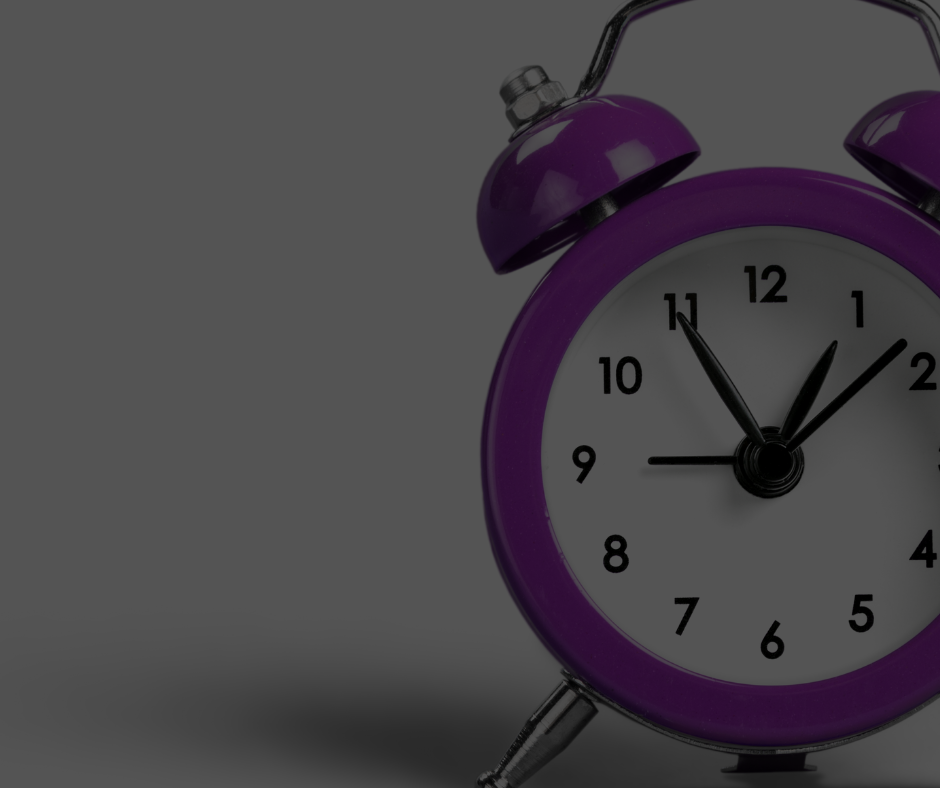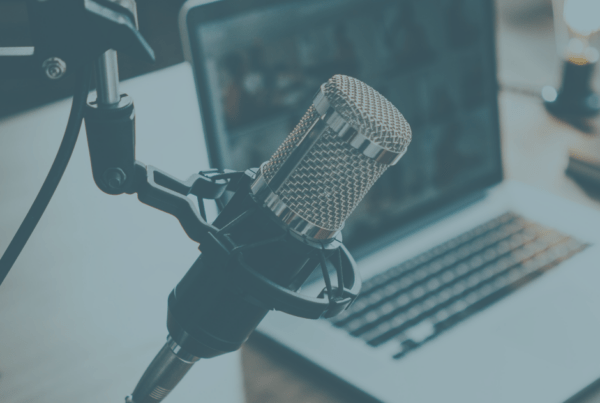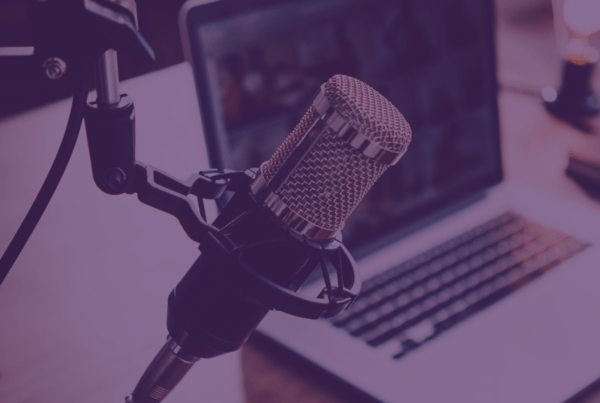One of the biggest questions I field from lawyers is, “When is the best point during my case to run a legal focus group?” My response? At every point, of course!
Now, this strategy is probably not feasible in every case, so here are six ideal times to run a legal focus group during your case:
- Before you file the lawsuit. Use a simple, straight-forward, fact-driven legal focus group to gain a basic understanding of the fact pattern, find any immediate problem areas, and locate issues or questions for use to conduct discovery.
- After key witness depositions. Play short (5-7 minute) clips of your client, defendants, and corporate representatives for a legal focus group. You will see what they have to say on who is the most credible. What is their initial impression from the blink? Did you get the evidence you needed from each witness? This can help plan for future depositions, additional discovery and trial cross examination questions.
- 21 days before mediation. Test your mediation presentation and deposition clips and question the focus group with the case defenses. This will help you prepare for mediation, tweak your presentation, and possibly provide clips to show at the mediation.
- 90 days before the end of discovery. Test out the opposing side’s documents/reports and show expert deposition clips from both sides. A legal focus group can help you identify where more discovery is needed, how strong the experts are, and where your case weaknesses are as compared to the defense’s.
- 60 days before trial. Use a legal focus group to test your opening statement, timelines, and demonstratives. You will learn where the confusion is in your evidence and possibly even how to modify it to offer more clarity.
- 30 days before trial. A legal focus group can test your re-fashioned opening statement, practice jury selection questions, and re-check your timelines and demonstratives. This gives you final feedback on clarity of your evidence and provides peace of mind for trial.
Holding a legal focus group at each of these points during your case can yield the vital information you need to create the best presentation of evidence, whether it’s to the jury or to the insurance adjuster. Successful lawyers continually take their cases to focus groups to aid them with fine tuning their case theories and evidence.
Ready to take the next step and schedule a focus group? Schedule a free strategy call with Elizabeth to learn the best way to get the most from your focus group.








